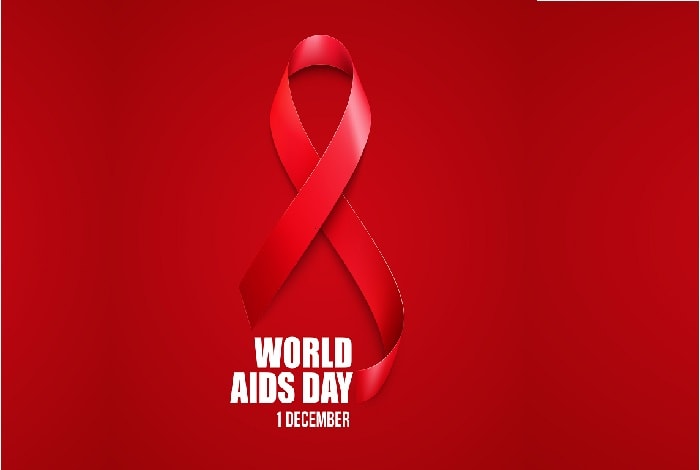Self-Injury Awareness Day (SIAD) is an annual global awareness day on March 1st. Raising awareness through education about self-harm leads to a better understanding of this disorder, empathy, and it also helps to eliminate the stigma. The goal is to educate individuals who do not engage in self-harm and reach out to those who do so they no longer must suffer in silence.
What is self-harm?
Self-harm, formally known as non-suicidal self-injury (NSSI) is the intentional act of causing physical harm to oneself without the intent of committing suicide. Cutting, biting, burning, carving symbols into the skin, wound picking, and headbanging are all common forms of self-harm behavior. The most frequent sites of self-injury are the hands, wrists, stomach, and thighs.
Why do individuals engage in self-harm?
Self-harm is not a cry for attention, nor is it related to suicidal behavior. Individuals engage in self-harm as an unhealthy coping mechanism to express pent up emotions.
The following are common reasons why individuals use self-harm as an unhealthy coping mechanism:
Self-harm is used as a form of punishment when individuals feel worthless or guilty
Self-harm is used as a distraction for unwanted or overwhelming feelings
Self-harm is used to regulate internal emotions and experiences
Self-harm is used to experience physical pain when an individual is emotionally numb
Who engages in self-harm?
Current studies suggest that approximately 4% or more of the population self-injures, and as high as 14% of adolescents may engage in this behavior. Females are more likely to engage in cutting while males are more prone to deliberately bruising themselves, hurting themselves while taking a substance, or having others hurt them.
What causes self-harm behaviors?
Self-harm behavior is tightly linked to bullying, low self-esteem, and borderline personality disorder. Research has shown that individuals who have been bullied or rejected by peers are more likely to engage in self-harm behavior and are also more likely to develop depression. Individuals who have low self-esteem due to body image dissatisfaction, unhealthy interpersonal relationships, emotional neglect, and abandonment, or past trauma are more likely to engage in self-behaviors. Borderline personality disorder (BPD) is characterized by an intense fear of abandonment, mood instability, unstable relationships, and impulsive behavior that ultimately drives others away. According to statistics, 55-85% of adults with borderline personality disorder engage in self-harm behaviors, and about 70% of people with borderline personality disorder will make at least one suicide attempt in their lifetime.
Is self-harm behavior linked to substance abuse?
Self-harm can be viewed as a form of addiction. Individuals who engage in self-harm behavior always crave feelings of release and euphoria that shortly follow the self-injury. These feelings of relief and calmness are short-lived and are usually followed by feelings of guilt and shame, which often fuel the individual to engage in further episodes of self-harm and unhealthy outlets. Research has shown that approximately 9% of individuals who engage in self-harm behavior also engage in substance abuse. These individuals may seek relief from drugs and alcohol for the same reasons they use cutting and other self-harm behaviors as an unhealthy release.
Can self-harm behavior be treated?
Self-harm behaviors can be challenging to diagnose and treat, but they are treatable with the right combination of therapies. Individuals who engage in self-harm engage in this behavior in private and often cover up their wounds and scars with long sleeves. If you suspect your loved one is engaging in self-harm behavior, you must encourage them to seek professional treatment. There may be an underlying mental health or substance abuse disorder that should also be simultaneously treated.
AKUA IS HERE TO HELP!
If you or someone you love is struggling with substance use or a mental health disorder, AKUA can help. AKUA Mind & Body provides an integrative treatment approach with multiple levels of care from detox, residential to intensive outpatient programs. With several facilities throughout the Sacramento Region, Lost Angeles & Orange County Region, and San Diego Region, we aim to provide our clients with a solid foundation for healing and transformation. Gender-specific and Co-ed facilities available.
Call our 24/7 admissions helpline to seek help today!




